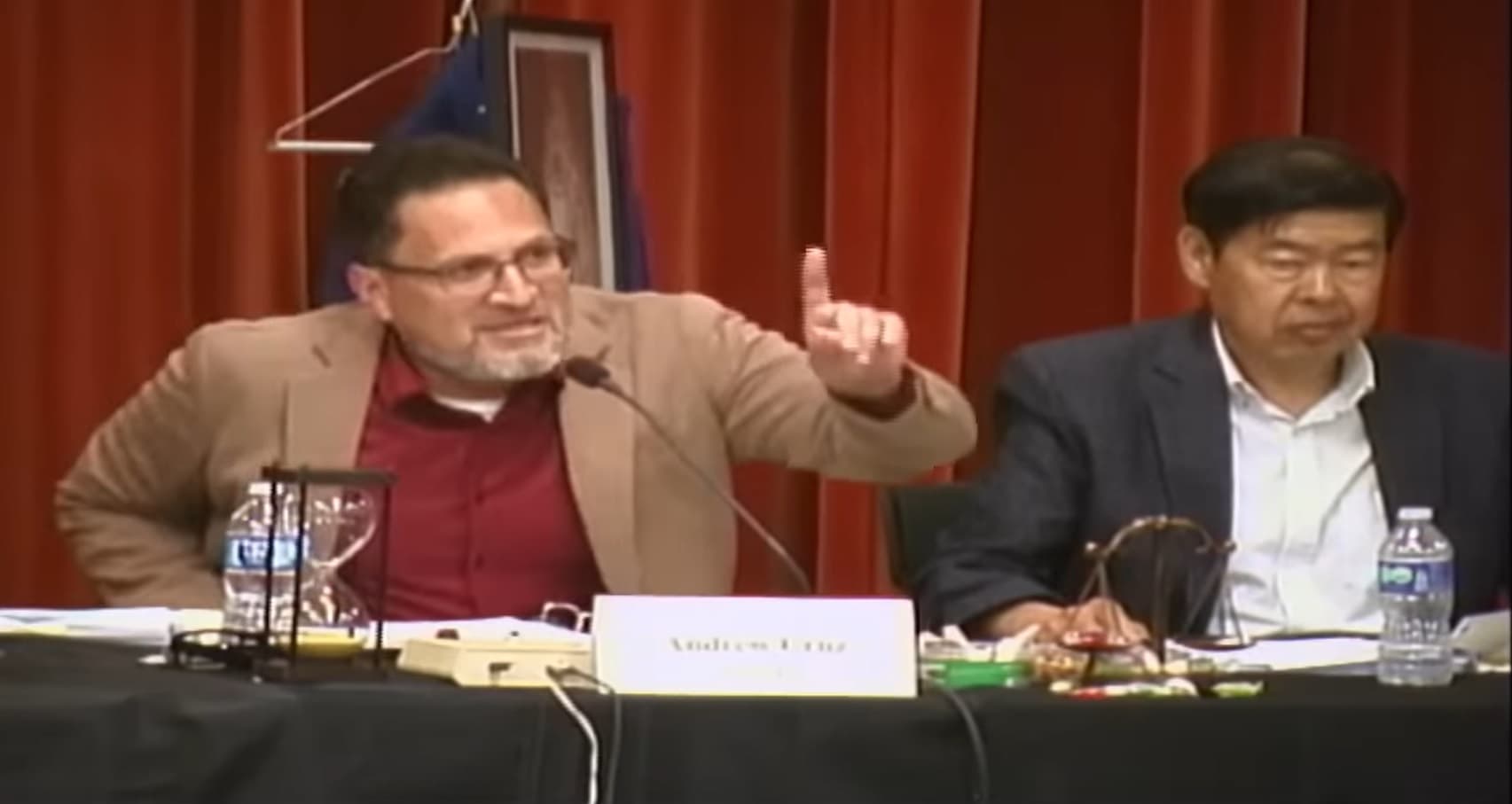California Attorney General Rob Bonta formally filed a suit against Chino Valley Unified School District Aug. 28, arguing a new policy to inform parents of their children’s preferred gender and name violates the California Constitution.
Although the case is brought by the Attorney General’s Office, it is a civil case, and does not allege criminal acts.
Follow Our Courts reached out to the school district for comment.
“We’re in court challenging Chino Valley Unified’s forced outing policy for wrongfully and unconstitutionally discriminating against and violating the privacy rights of LGBTQ+ students. The forced outing policy wrongfully endangers the physical, mental, and emotional well-being of non-conforming students who lack an








